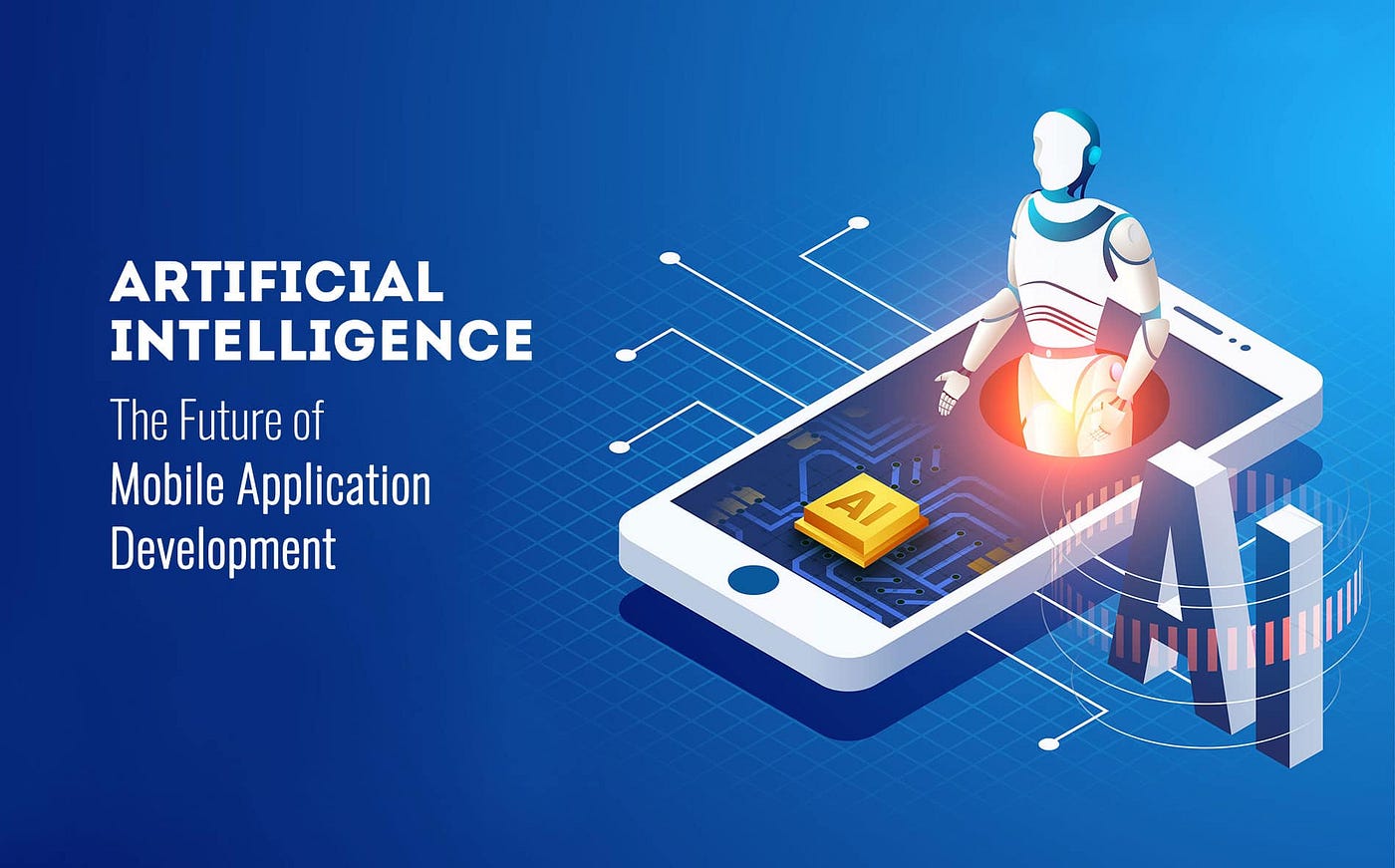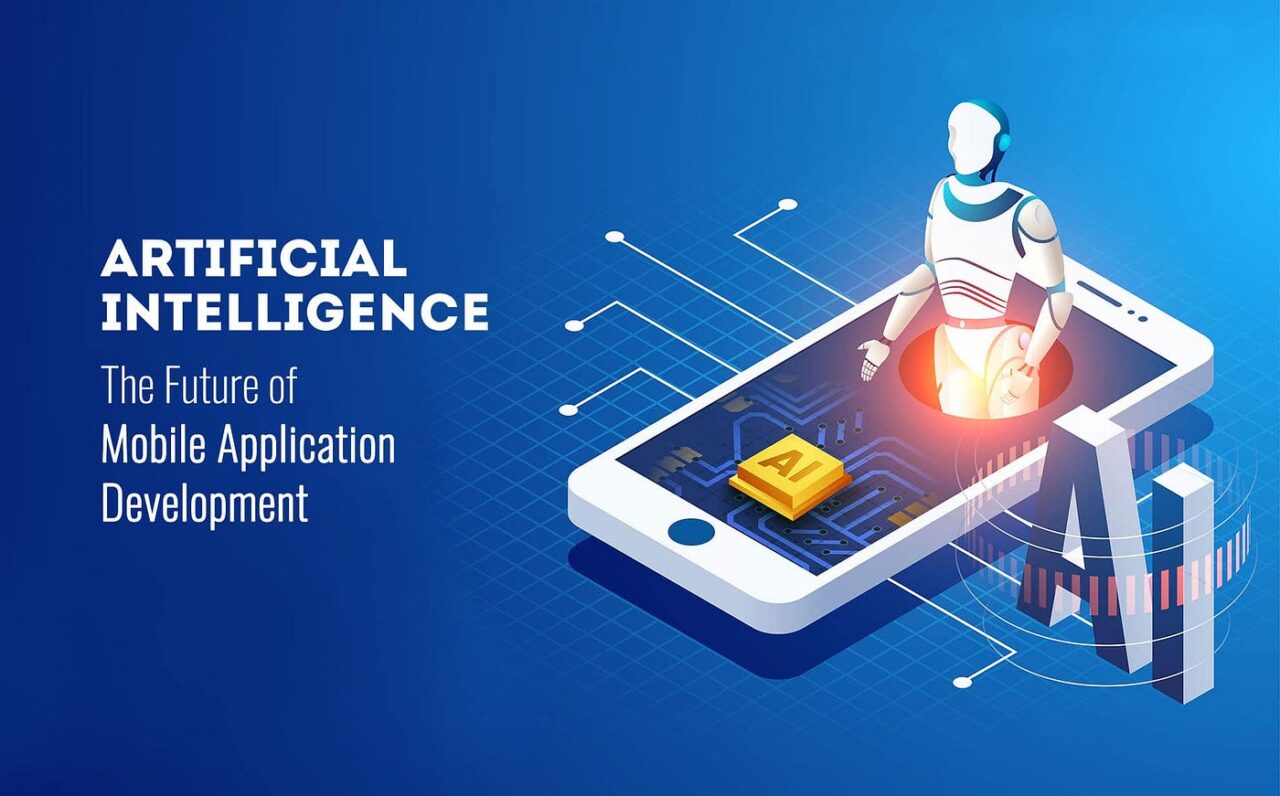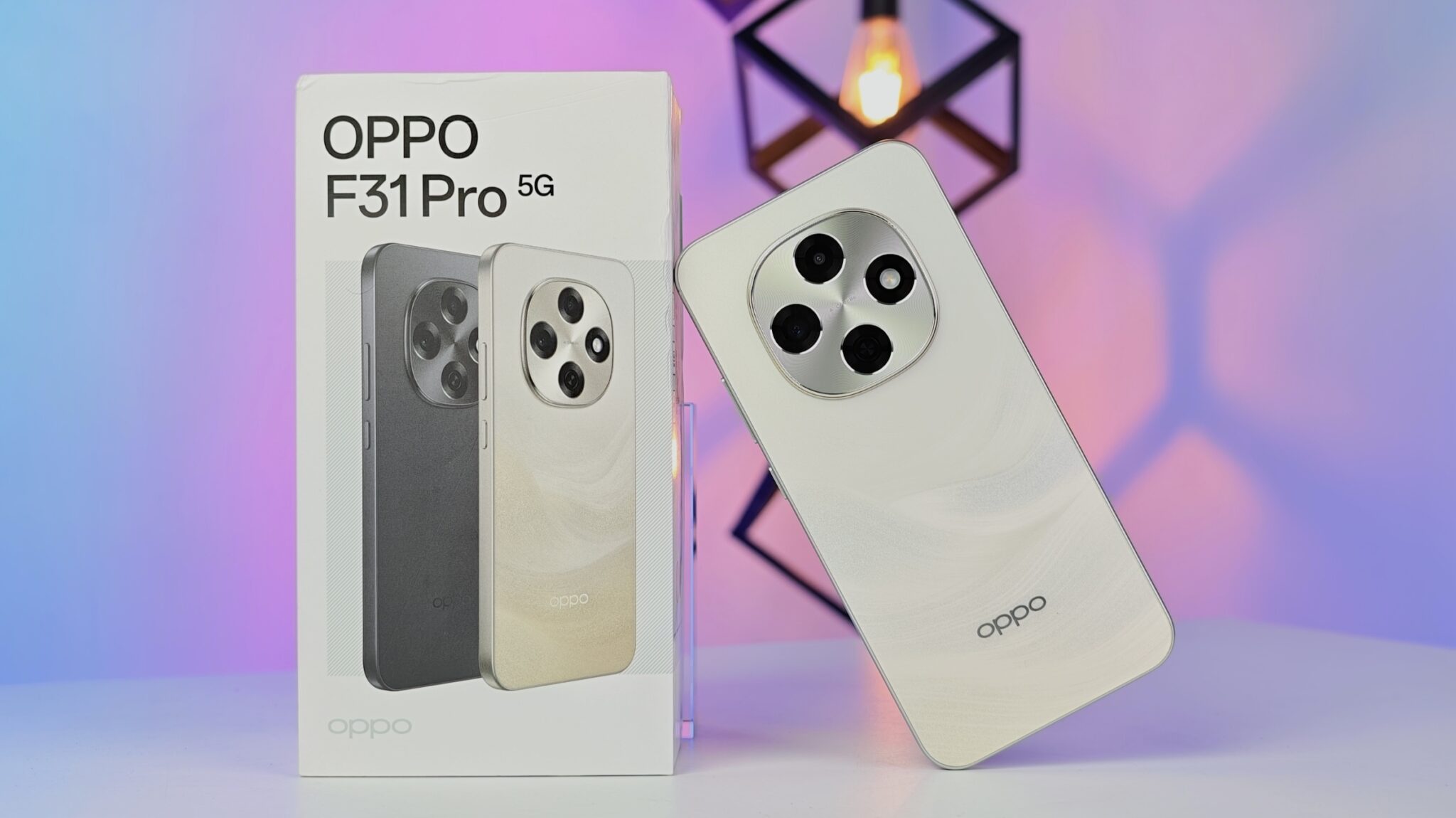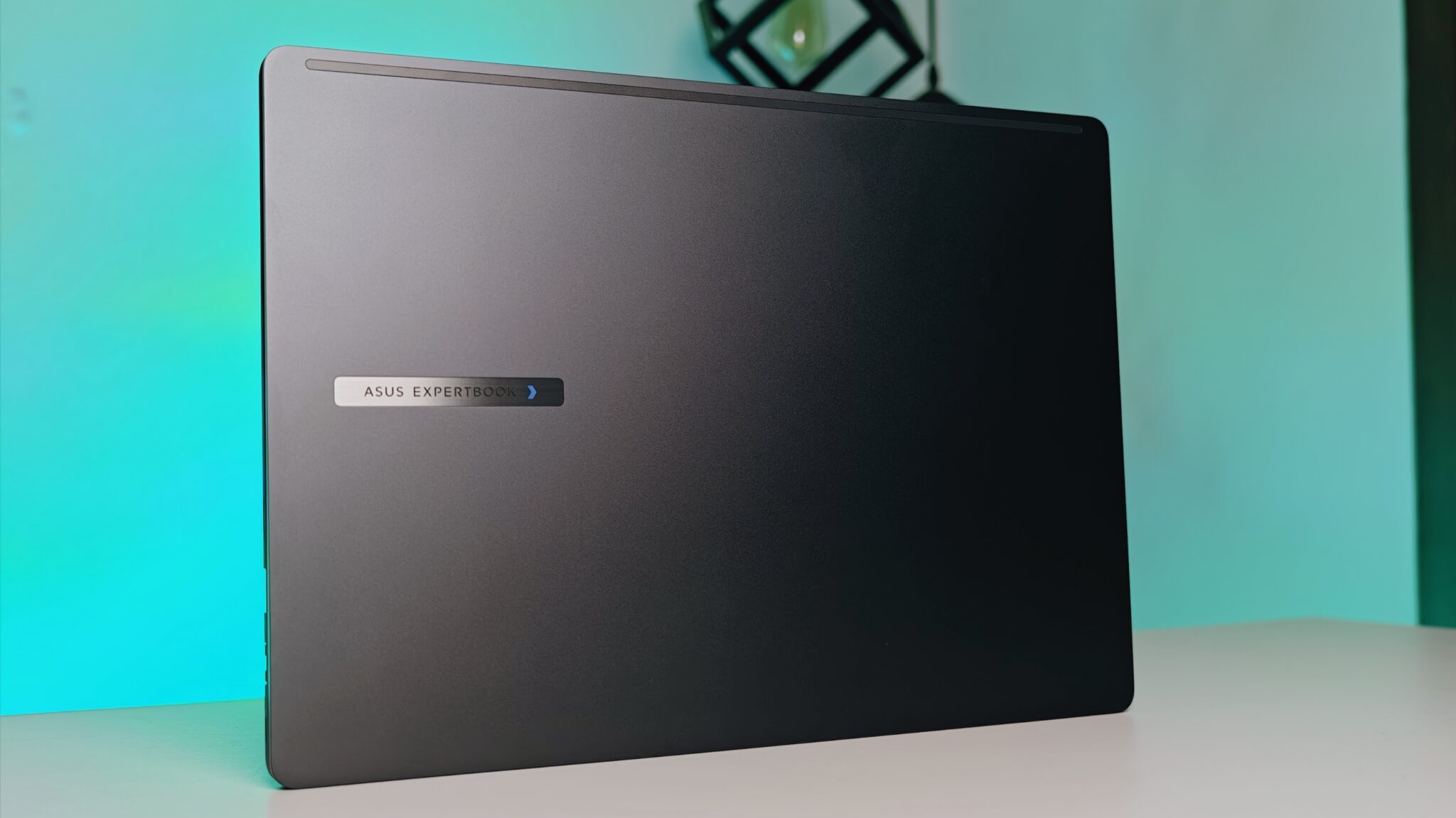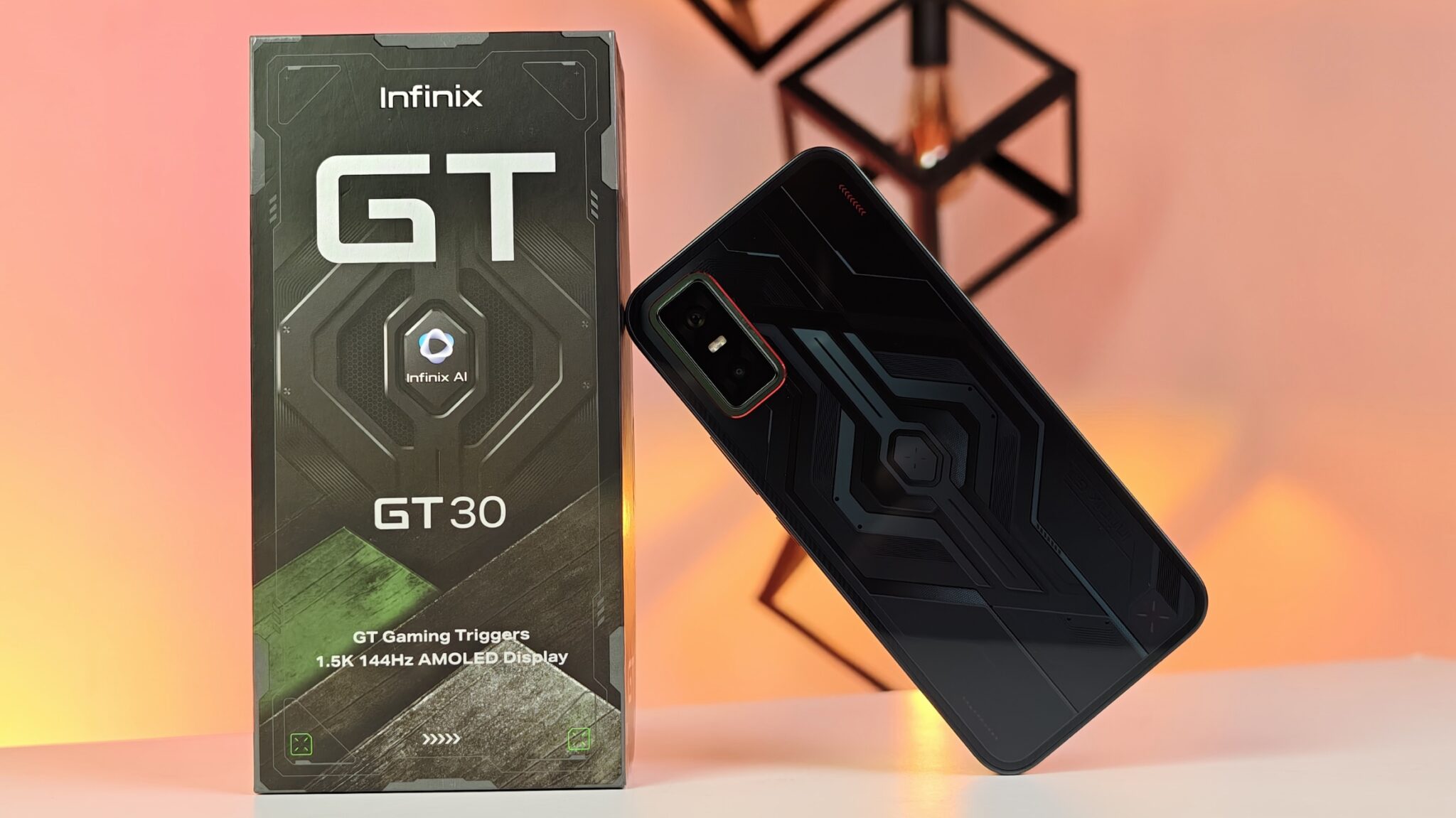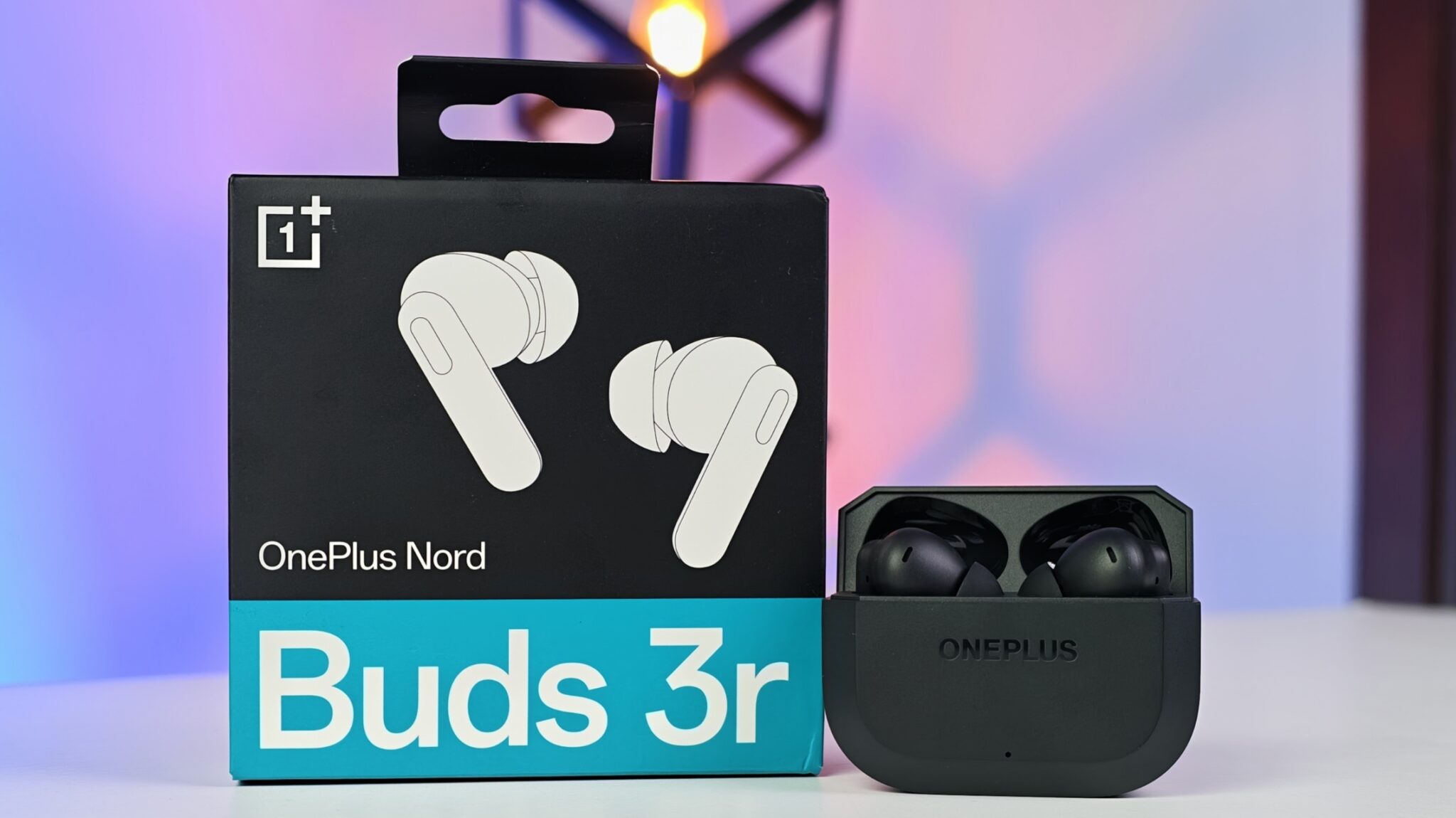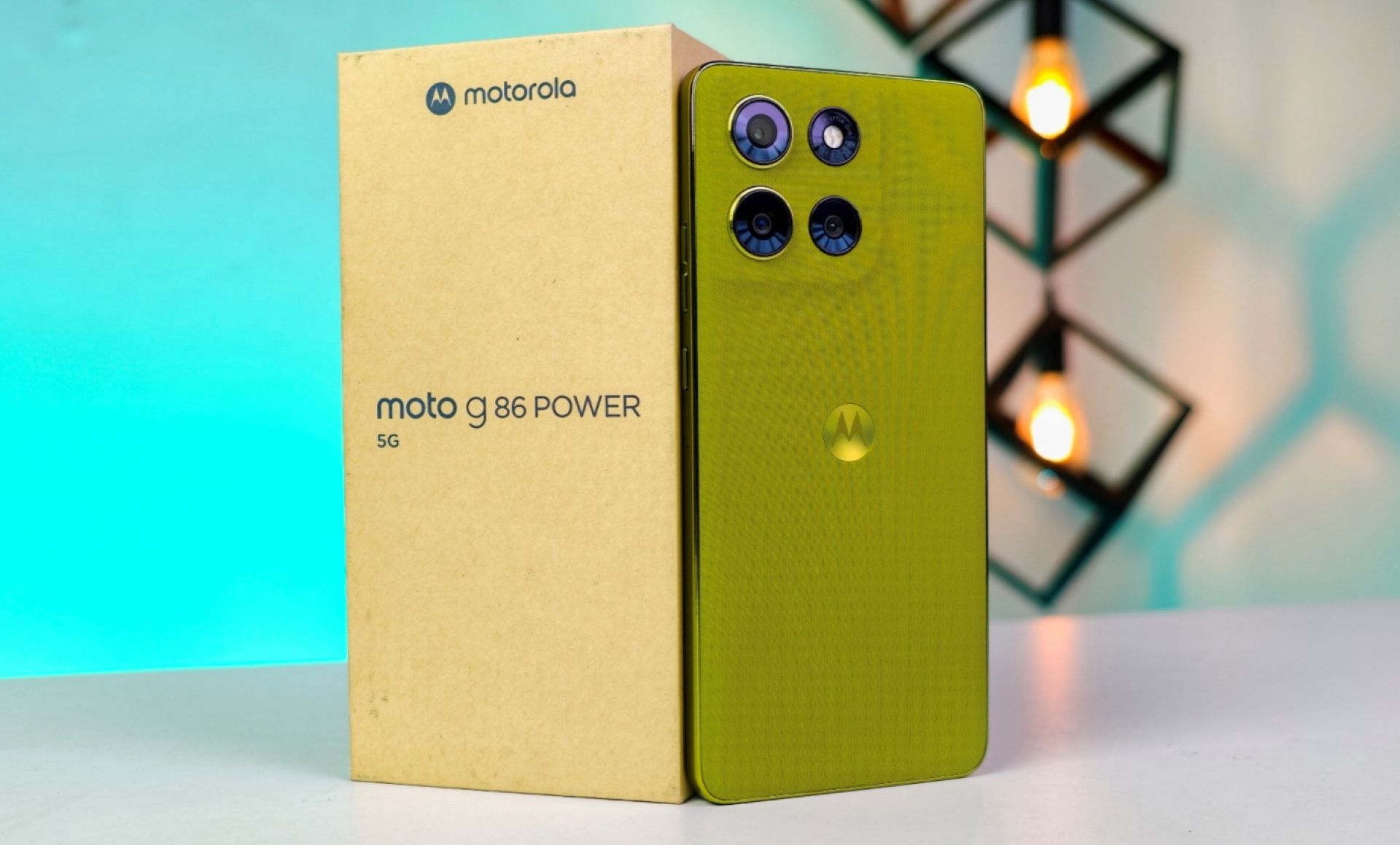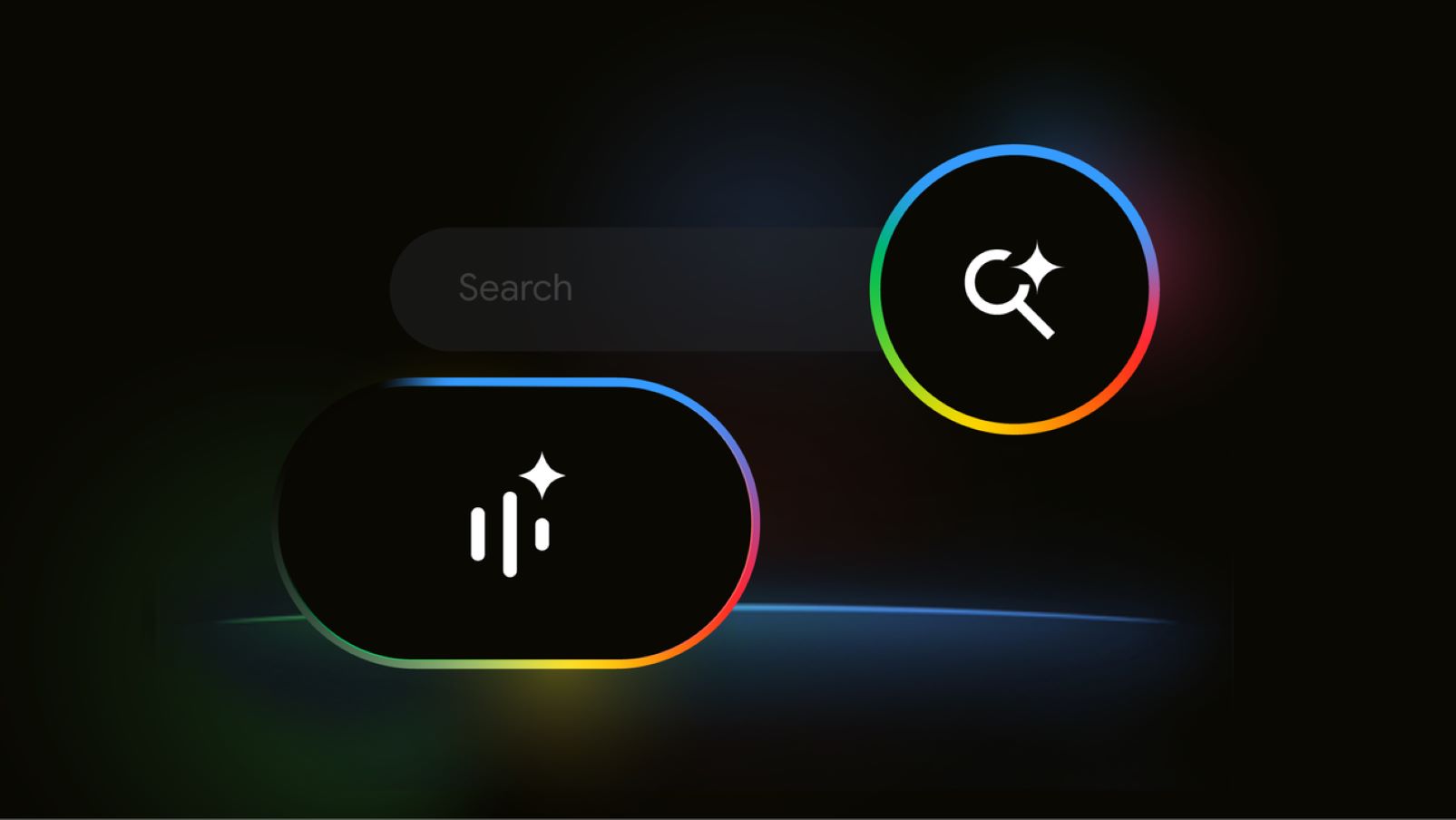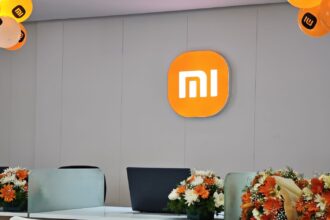The integration of artificial intelligence (AI) into smartphones is set to revolutionize the way we interact with our devices, potentially making traditional apps obsolete. Companies like Deutsche Telekom, in collaboration with Qualcomm Technologies and Brain.ai, are at the forefront of this transformation, introducing innovative AI solutions that could replace the multitude of apps currently residing on our phones.
Key Highlights:
- Deutsche Telekom has introduced the T Phone, integrating AI to replace conventional apps, thereby simplifying user interactions through predictive and contextual interface adjustments.
- The AI operates from the cloud, allowing for broader accessibility across various devices, with a particular focus on making these innovations available on existing market devices.
- A specialized version of an AI smartphone, utilizing Qualcomm’s Snapdragon 8 Gen 3 Reference Design, processes AI tasks directly on the device for enhanced speed, energy efficiency, and customization.
- This shift towards AI-driven interfaces raises questions about the future of app stores and the control exerted by tech giants like Apple and Google over the app ecosystem.
The Dawn of AI-Driven Smartphones
The development of AI-driven smartphones marks a significant shift in how we think about and use technology in our daily lives. Deutsche Telekom’s initiative to integrate AI into their T Phone, creating an app-free interface, is a bold step towards this future. By employing Brain.Ai’s technology, the company aims to provide a generative interface capable of performing a wide array of tasks traditionally managed by separate apps.
The Cloud and On-Device AI Processing
Two distinct approaches are being taken to implement AI in smartphones: cloud-based and on-device processing. The cloud-based AI, as seen in Telekom’s current offering, ensures that advanced AI functionalities are accessible on more basic phone models, making the technology widely available. On the other hand, on-device AI processing, powered by Qualcomm’s Snapdragon 8 Gen 3, offers personalized, fast, and energy-efficient AI performance, indicating a future where smartphones become even more responsive and tailored to individual user needs.
Implications for App Stores and Tech Giants
This shift towards AI-centric interfaces may challenge the current app store model dominated by Apple and Google, potentially disrupting their control over the mobile app market. As AI technologies become more integrated into devices, the necessity for individual apps could diminish, leading to a reevaluation of how digital services are distributed and monetized. This development could also prompt discussions about market dominance and the role of large tech companies in shaping the digital landscape.
Looking Ahead
The transition to AI-driven mobile interfaces represents a significant leap forward in technology, promising to streamline our digital interactions and make technology more accessible. However, it also prompts a broader conversation about the implications for app developers, consumers, and the tech industry at large. As we move towards an app-free smartphone reality, the potential for innovation is vast, but so are the challenges related to privacy, security, and market competition.
With AI increasingly becoming an integral part of our digital lives, the vision of an app-free smartphone is not just a possibility but an impending reality. As we embark on this journey, the focus should remain on harnessing AI’s potential to enhance user experiences while carefully navigating the ethical and practical challenges that accompany such profound technological shifts.


